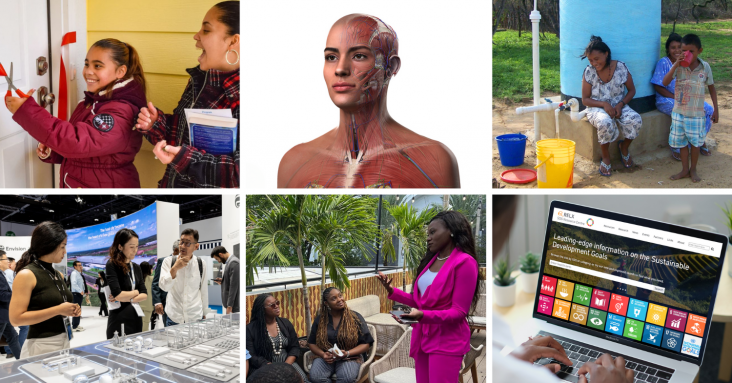This study investigates the factors that influence travelers' intentions toward animal ethics in tourism and makes a significant contribution to methodological approaches and the body of knowledge in animal ethics in tourism.
The paper demonstrates the importance of a cross-sectoral approach in conservation planning to mitigate the impacts of industrial activities such as fishing, shipping, and deep-sea mining on biodiversity in the open ocean, offering a cost-effective solution for achieving conservation targets and promoting sustainable management in the face of "blue acceleration".
This perspective explores nature-based solutions that can be adopted to mitigate and adapt to soil salinization, along with their challenges and implementation limitations
The solvents used during the production of heparin cause air and water pollution. One of the steps to achieve sustainable kidney care is to find a green alternative to heparin.
This chapter aligns with Goals 9, 11, 12 by emphasizing the responsible disposal of toxic building materials and providing guidance on selecting materials that have a positive effect on the health of occupants and the environment.
The content aligns with SDG 12 (Responsible Consumption and Production) by promoting the valorization of agroindustrial residues like rice bran to reduce waste and create value-added products. It also supports SDG 9 (Industry, Innovation, and Infrastructure) through its focus on research and development for industrial applications in biorefinery systems.
Elsevier,
Mxene-Based Hybrid Nano-Architectures for Environmental Remediation and Sensor Applications: From Design to Applications, Micro and Nano Technologies series, 2024, Pages 113-127
This chapter aligns with Goals 12 and 13 by highlighting the importance of various MXene-based hybrid nanomaterial types in the elimination of heavy metals from wastewater.
This chapter aligns with UN SDG Goals 6 and 12 by improving waste treatment and resource efficiency in the oil and gas sector.
The cascading effects of biodiversity decline on human well-being present a pressing challenge for sustainable development.

As we pass the halfway point for the SDGs, many of the goals are worryingly off track and progress on 85% of the target indicators has stalled or even reversed. Through our information, products and people, RELX remains committed to advancing the Goals. Here are some of the ways that we continue to support their achievement.
